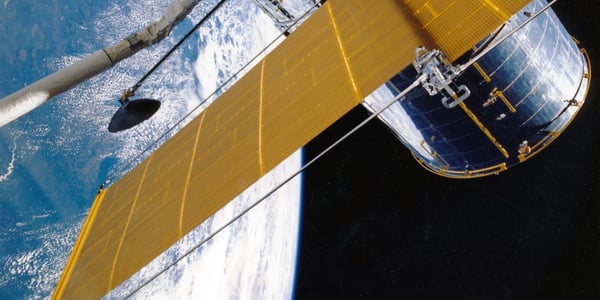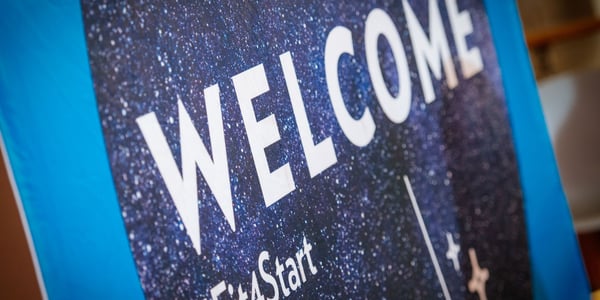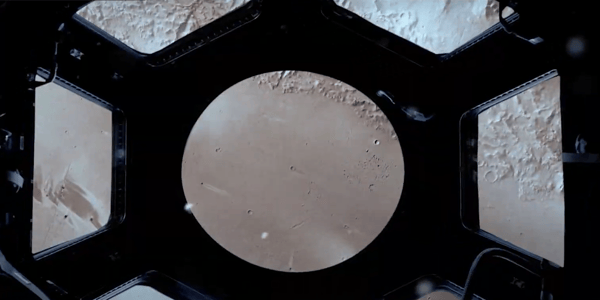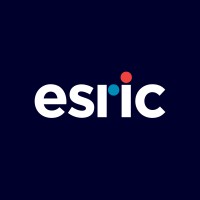The second round of the Start-up Support Programme (SSP) is now started, following the success of the first programme, which saw the set-up of Four Point (Poland) in Luxembourg, generating several collaboration opportunities with other Luxembourg-based companies and with their fellow SSP ventures.
The applications of this second round came from 11 countries from all around the world and the selection committee picked the five ventures that proved most relevant to this exciting, yet challenging, field of space resources. Criteria such as business goals, potential markets and team composition were essential in the decision-making process.
During their three months of pre-incubation, the five ventures will be supported by a team of experts to validate their technical concepts and align them with market opportunities. Just as for the previous cohort, they will benefit from in-kind support for the technical and commercial aspects of their project.
The ESRIC Start-up Support Programme is a key element in Luxembourg ‘s broad and ambitious vision to establishing a sustainable presence in space. Ever since 2016, when Luxembourg launched the SpaceResources.lu initiative, we have managed to develop an ecosystem of innovative companies, creating a strong presence in the Grand Duchy and we are witnessing more and more companies setting up and flourishing in Luxembourg.” Franz Fayot, Luxembourg’s Minister of Economy
“We need strong links between research, innovation, and commercialization in this dynamic sector, therefore we are very excited to welcome five new ambitious start-ups that aim to address different aspects related to space resources. We are particularly pleased to see a diverse range of concepts in the programme, and we see many opportunities for technology transfer to Earth. “says Kathryn Hadler, Director of ESRIC.
The five ventures selected are...
Lightigo Space – Czech Republic
Lightigo Space is engaged in the development of instrumentation and methodology for material analysis by Laser Induced Breakdown Spectroscopy. The LIBS technology can be used as a source of information about the elemental composition of unknown printing powders for metallic 3D printing, potentially speeding up the availability of parts and reducing the costs of transportation from ground to space.
Lunar Outpost – Luxembourg
Lunar Outpost EU is developing technology for effective utilization of thermal energy during the harsh conditions of the lunar night. Their solution leverages resources found on the lunar surface to be cost effective and scalable. Applied on Earth, this technology can enable clean energy and improve efficiency.
Orbital Assembly – USA
Orbital Assembly is developing an innovative solution (Poly-X) to convert human metabolic waste into polymers. Waste materials present on human-occupied space stations that otherwise must be disposed can be converted into useful polymers, to produce tools, personal protective equipment, medical devices, etc.
Terra Luna Resources – Canada
Terra Luna aims to solve the challenge of converting mined ice into purified water, by developing a new, patentable, in-space “solar-still” style technology to refine lunar ice into water. The processing plant that the start-up aims to develop is a semi-passive system that would be placed in direct sunlight to extract and purify water from icy regolith, reducing overall power requirements.
Aurora Connect – Poland
The Genderless Dust Passive Power Connector consists of a symmetrical connector designed to transmit information and current. Earth's infrastructure is unsuitable for the hard environment of the Moon and transmission of electricity is one of the key activities necessary for smooth functioning of Lunar Habitats. The team aims to develop a specific technology that eliminates the need for mechanization, avoiding solutions with moving parts.
What's next?
At the end of the three months, one venture will be selected to continue to the second phase of the programme that can last for up to two years. During this time, they will receive further support to reach a valid technical concept specification, as well as prototype their technology. They will also have to open a branch in Luxembourg, hosted by Technoport. The selected venture will be announced during the Space Resources Week 2023 conference, taking place between 19 and 21 April 2023.
Two years after its creation, ESRIC’s capabilities are growing. “By developing our research infrastructure, as well as fostering partnerships with key actors, we will be able to continue to consolidate the market players towards the creation of an in-space economy.” says Lari Cujko, Start-up Support Programme Lead.
The third call for applications will welcome submissions later in the year.
Stay tuned!
Sign up now and receive the latest news about our ecosystem into your inbox.
You May Also Like
These Related Stories

Luxembourg launches world's first space resources startup support programme

The 20 startups selected for the 12th edition unveiled






